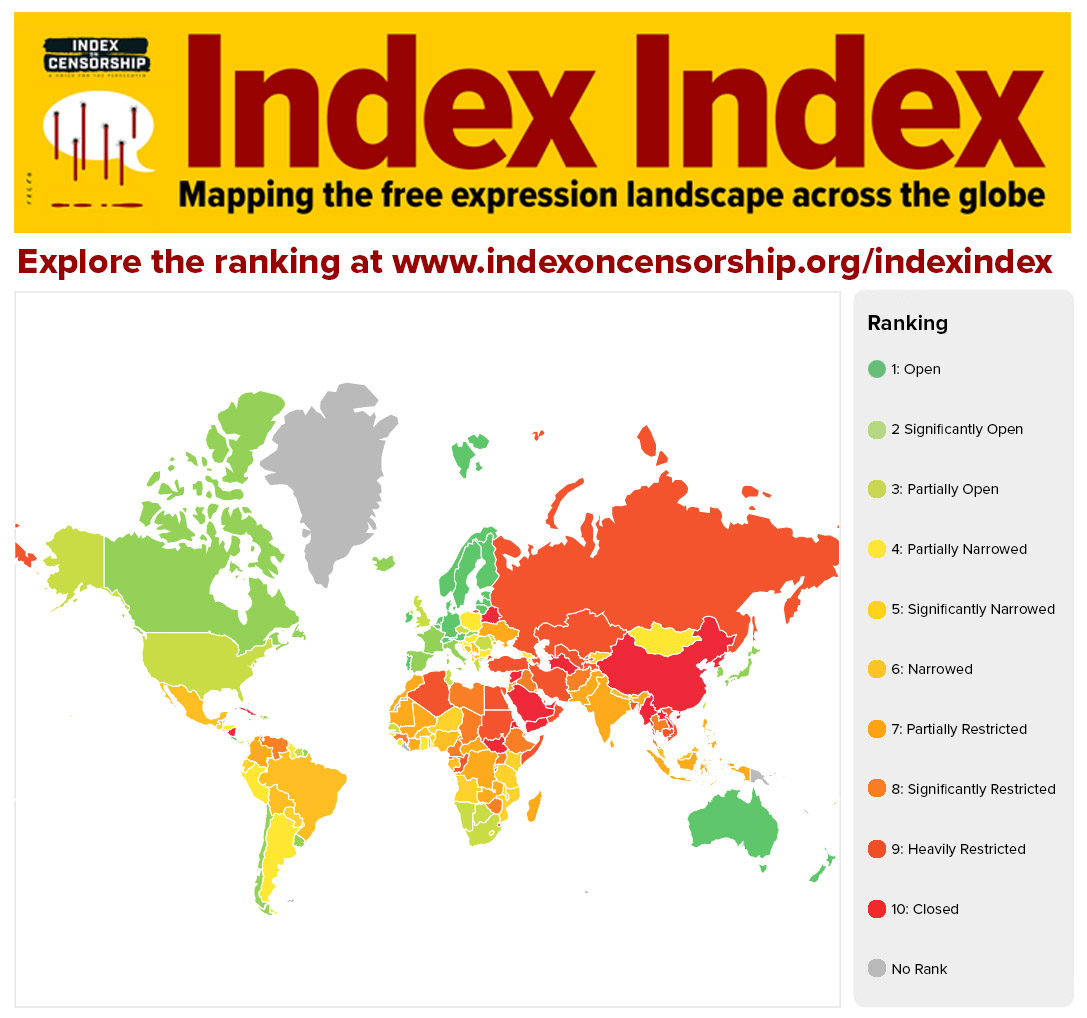At least 17 prisoners of conscience are on hunger strike in Oman. They began the strike on 9 February at Muscat’s Samayel prison, and other detainees have since joined them, making the total number of hunger strikers 23. Six who were reported to be in a critical condition were taken to hospitals around the capital on 13 February. Yaqoob Al-Harith, a lawyer to seven of the original 17 refusing to eat said they are protesting against the time it is taking to transfer their cases to the supreme court to appeal their jail sentences. The have all been imprisoned for between six and 18 months. The free speech defenders, political activists and civil society representatives were jailed under charges of cyber crimes, illegal assembly, violating communications regulations and insulting ruler Sultan Qaboos on online social networks. Relatives of those imprisoned wrote to the National Human Rights Commission on 10 February and have appealed to the Omani authorities to have the detained released.

Iranian opposition candidate Mirhossein Mousavi has been under house arrest for two years
Two daughters of a former presidential candidate held under house arrest for nearly two years have been arrested in Iran. Zahra and Narges Mousavi, daughters of Mirhossein Mousavi, Iranian prime minister in the 1980s, were arrested by security forces on February 11. Along with Mousavi’s third daughter, they had written in a statement that authorities had denied Mousavi and his wife Zahra Rahnavard access to their children for weeks. Mousavi and Rahnavard were placed under house arrest along with opposition figure Mehdi Karroubi and his wife Fatemeh, after they called for demonstrations to support the Arab uprisings across the region in February 2011. The Islamic Republic is facing a presidential vote in June, and hardliners have accused opposition leaders of plotting a second sedition after the last protests were crushed by security forces. They have also called for the execution of both men, but the government are choosing to keep them in solitary confinement.
Saudia Arabia’s minister for media and culture has confirmed that a range of government bodies have been censoring Twitter, reports on 13 February said. Abdel Aziz Khoga called on Saudi citizens to “raise their awareness” and monitor their social media activity more carefully, as it was proving increasingly difficult to monitor the three million Twitter subscribers around the kingdom. Under the Sunni monarchy, writer Turki Al-Hamad is one of many journalists in prison under blasphemy charges. He was arrested for insulting Islam in January, after he accused radical Islamists of corrupting Prophet Mohammad’s “message of love” in a Tweet in December 2o12. Online activist Raif Badawi was arrested in June 2012 and was charged with apostasy for his tweet, a sentence which carries the death penalty.
On 14 February, two Nigerian journalists appeared in court for criticising the government’s polio campaign. Yakubu Fagge and Mubarak Sani were charged with criminal conspiracy, abetment, defamation of character, obstruction of a public officer carrying out his duty, intentional insult, and incitement to violence. They plead guilty before judge Ibrahim Bello during their appearance before a senior magistrate court in Gyadi Gyadi, Kano. The pair were arrested after hosting a radio show on Wazobia FM on 6 February, where they alleged the government had forced parents to immunise their children against polio, claiming officials were abusing their power. Fagge and Sani have been granted bail with two sureties each at NGN 100, 000, on the condition the surities are community leaders or heads of department of government organisations. The case was adjourned until 13 March.


